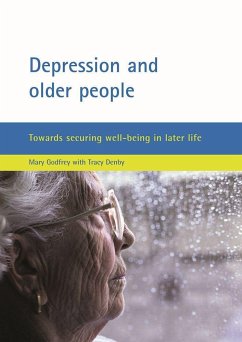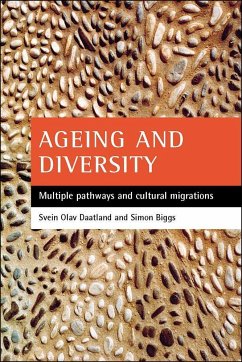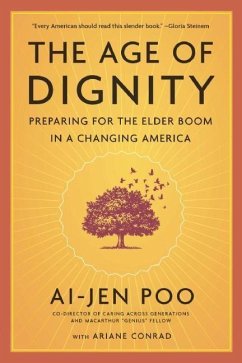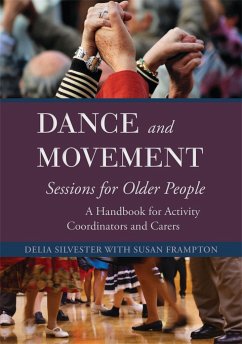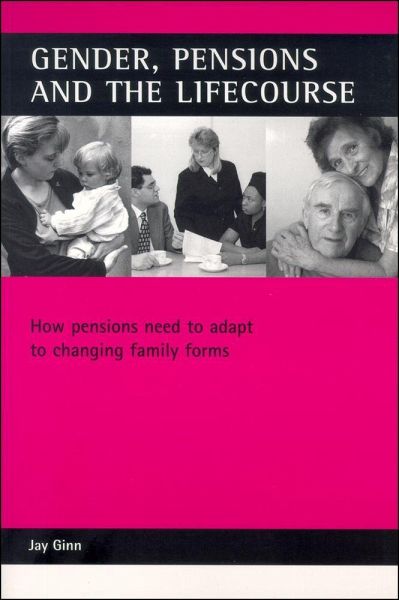
Gender, Pensions and the Lifecourse
How Pensions Need to Adapt to Changing Family Forms

PAYBACK Punkte
22 °P sammeln!
A sense of crisis about pensions has been fuelled by longer life, visibility of private pension risks and declining state pensions. An emerging consensus sees current British pension policy as unravelling. Yet the gender impact of expanding private pension provision and relying increasingly on means testing has been neglected. Women comprise the majority of older people, yet most consideration of pension policy assumes an ungendered individual following a typical male employment pattern. Using original data analysis, this book highlights the new patterns of pension advantage and disadvantage t...
A sense of crisis about pensions has been fuelled by longer life, visibility of private pension risks and declining state pensions. An emerging consensus sees current British pension policy as unravelling. Yet the gender impact of expanding private pension provision and relying increasingly on means testing has been neglected. Women comprise the majority of older people, yet most consideration of pension policy assumes an ungendered individual following a typical male employment pattern. Using original data analysis, this book highlights the new patterns of pension advantage and disadvantage that are emerging, influenced by partnership status, parenthood, class and ethnicity.



